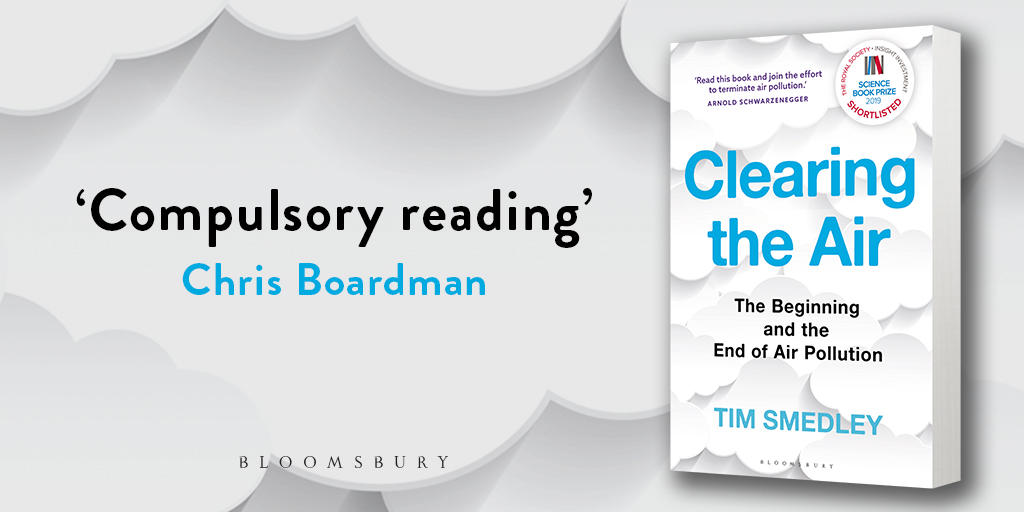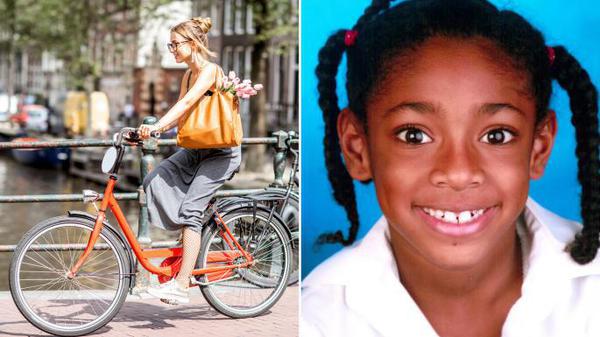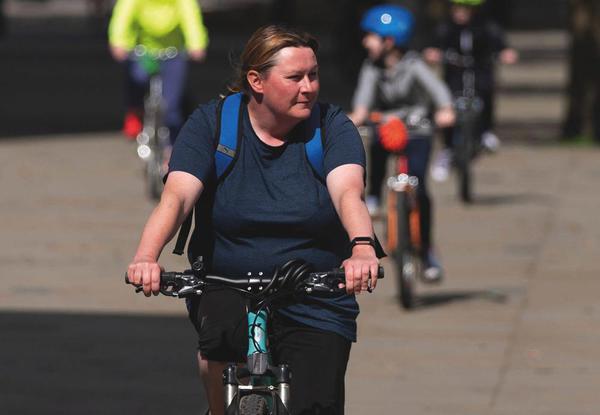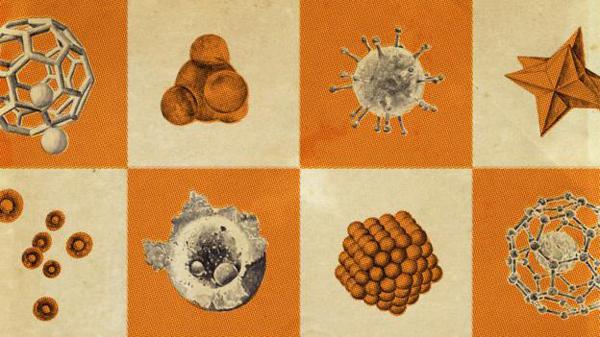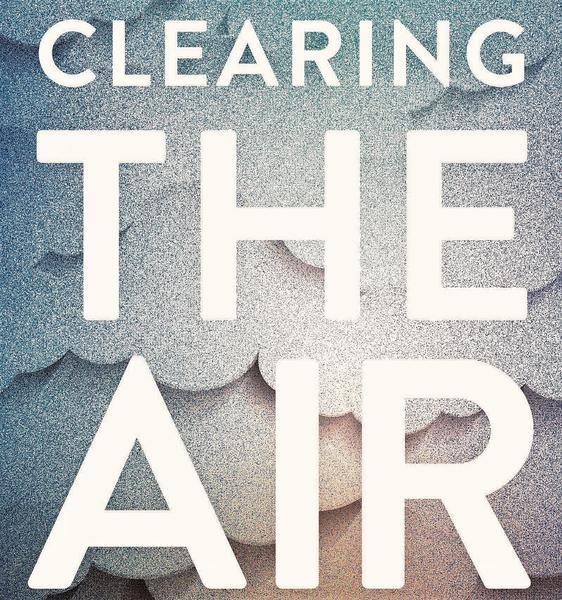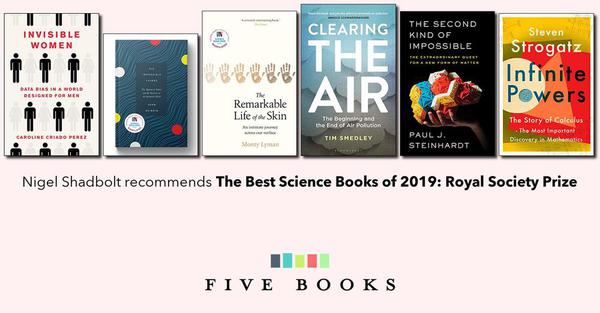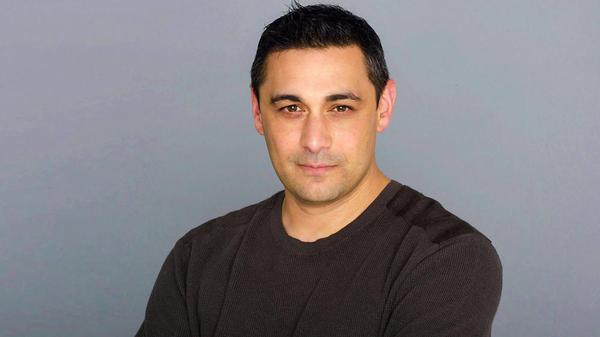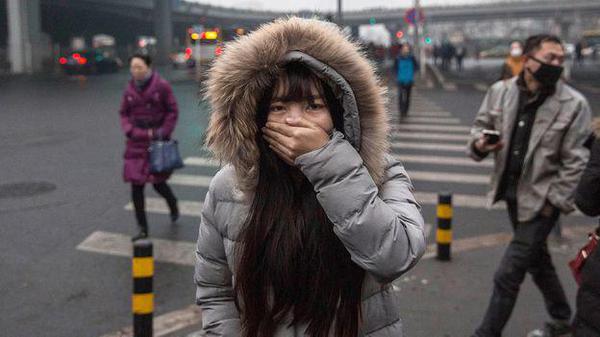

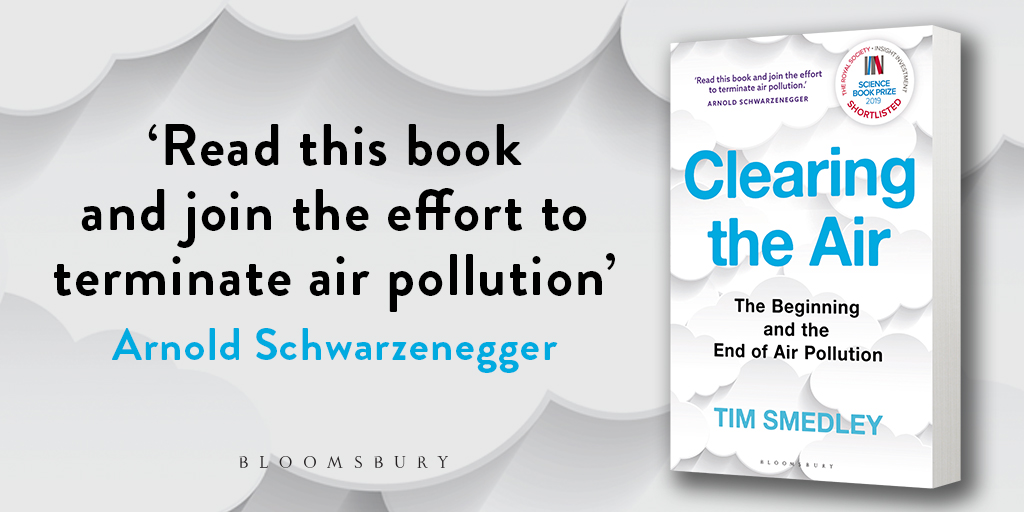
My first book - Clearing the Air: the beginning and the end of air pollution - was one of six books shortlisted for the 2019 Royal Society Insight Investment Science Book Prize.
Like many people, I had become increasingly alarmed by the headlines regarding the health effects of air pollution. Yet, despite being a sustainability journalist, I didn't really know the science behind it.
What is air pollution? Where does it come from? Why is it bad for our health? And - perhaps most importantly - what can we do about it?
My journey for the answers took me to London, Delhi, Beijing, Paris, Helsinki and, er, Milton Keynes. While I uncovered some shocking facts, I also found an optimistic vision for how we can start clearing the air.

